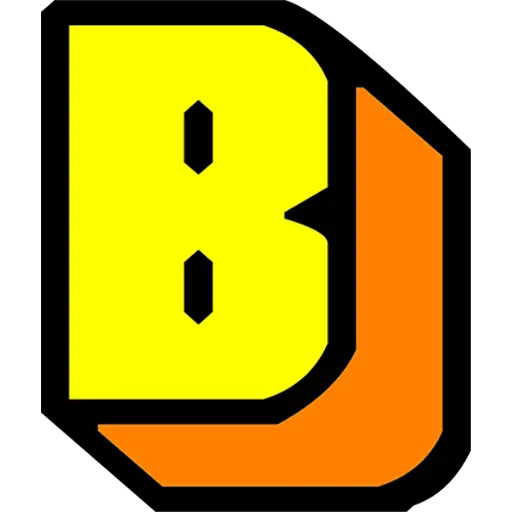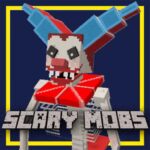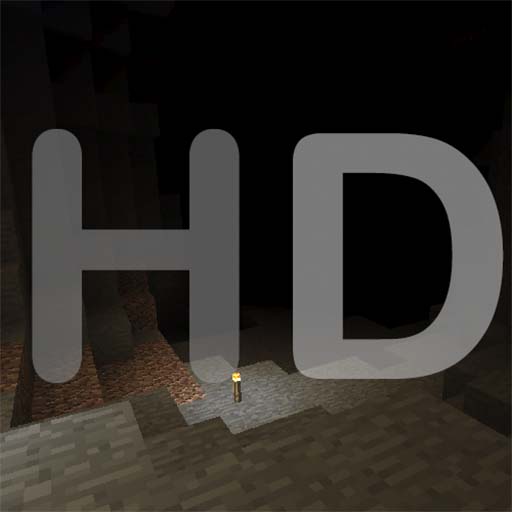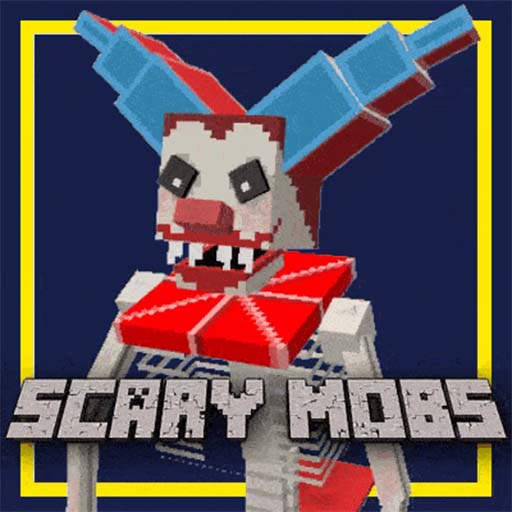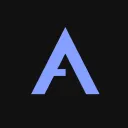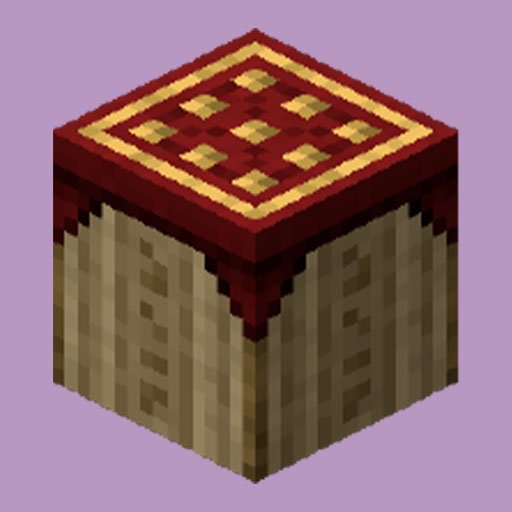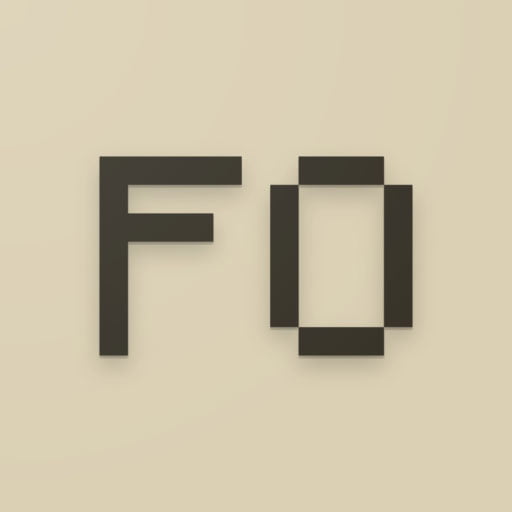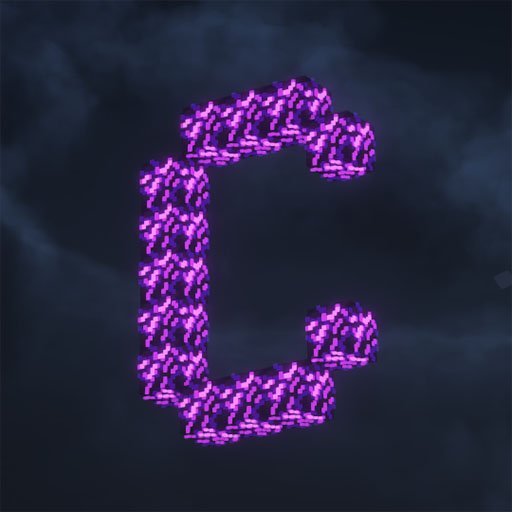Description
Fabric API is a lightweight, open-source modding framework designed for Minecraft. Unlike other modding platforms, Fabric focuses on providing a modular and extensible architecture, allowing developers to create and integrate mods seamlessly. The project emerged as a response to the desire for a more straightforward and developer-friendly alternative to other existing modding frameworks.
Origins and Evolution
Was initially conceived by modding enthusiasts who sought to streamline the modding process and address some of the complexities associated with other frameworks. The project gained traction rapidly, attracting a community of developers eager to contribute to its growth. Over time, it has become a cornerstone of the Minecraft modding scene, serving as the backbone for numerous popular mods.
The Fabric API Ecosystem
Core Components
At its core, consists of several key components that collectively form the foundation for mod development. These components include:
- Fabric Loader: This is the runtime mod loading system for Fabric. It acts as the bridge between the Minecraft game and the installed mods, facilitating their integration seamlessly.
- Fabric API Library: A collection of common code and utilities that simplify mod development. It provides a standardized set of tools and functions that developers can leverage, reducing redundancy and enhancing the overall modding experience.
- Yarn: The mapping system used by Fabric to translate between Minecraft’s obfuscated code and human-readable code. Yarn ensures that mods written in Java can interact with Minecraft’s codebase effectively.
Modularity and Compatibility
One of the standout features of Fabric API is its modular design. The framework allows developers to choose and include only the components they need for their specific mods, minimizing unnecessary bloat. This modularity not only enhances performance but also promotes compatibility between different mods, fostering a more harmonious and diverse Minecraft modding ecosystem.
Advantages of Fabric API
Accessibility and User-Friendly Design
Fabric API has gained popularity for its user-friendly design and emphasis on accessibility. The framework is known for its straightforward installation process, making it accessible to both novice and experienced modders. The simplicity of the mod has played a crucial role in attracting a broad range of developers, contributing to the framework’s widespread adoption.
Active Community Support
The success of any modding framework is closely tied to the strength of its community, and Fabric API excels in this regard. The framework boasts an active and vibrant community of developers who collaborate, share knowledge, and contribute to the continuous improvement of the platform. This community-driven approach ensures that remains up-to-date, compatible with the latest Minecraft versions, and equipped with the latest features.
Performance Optimization
Fabric API is renowned for its focus on performance optimization. The framework’s lightweight nature minimizes resource consumption, resulting in faster load times and smoother gameplay. This commitment to efficiency is particularly crucial in the modding scene, where performance bottlenecks can impact the overall gaming experience. Dedication to optimization has contributed to its reputation as a go-to framework for modders seeking a balance between functionality and performance.
Fabric API in Action: Notable Mods
To truly appreciate the impact of Fabric API, it’s essential to explore some of the remarkable mods that have been developed using this framework. These mods showcase the versatility and creativity that Fabric API enables within the Minecraft universe.
1. REI (Roughly Enough Items)
REI is a popular inventory and recipe viewer mod that enhances the player’s crafting and item management experience. With this Mod as its backbone, REI provides a seamless and intuitive interface for browsing recipes, managing inventory, and obtaining detailed information about in-game items. The mod’s success highlights the capabilities of Fabric API in supporting the creation of feature-rich and user-friendly enhancements.
2. Lithium
Lithium is a performance optimization mod that leverages Fabric API to enhance server-side performance. By addressing inefficiencies in the game’s code, Lithium significantly improves server performance, reducing lag and enhancing the multiplayer experience. This mod exemplifies how it can be harnessed to address specific pain points within the Minecraft ecosystem.
3. Phosphor
Phosphor is another performance-focused mod that works in conjunction with Fabric API to optimize the game’s rendering engine. By implementing various optimizations, Phosphor reduces frame stuttering and enhances overall graphical performance. The collaboration between This and Phosphor underscores the framework’s adaptability to diverse modding needs.
Challenges and Criticisms
1. Compatibility Issues with Forge Mods
Forge, another popular modding framework for Minecraft, has been a longstanding player in the modding scene. However, compatibility issues between Fabric and Forge mods have been a point of contention. Developers often face challenges when attempting to run mods designed for one framework alongside mods from the other. This ongoing compatibility struggle has prompted discussions within the community about finding common ground or developing solutions to bridge the gap.
2. Learning Curve for New Developers
While is praised for its accessibility, some new developers may find the initial learning curve challenging. The modular nature of the framework allows for a high degree of customization, but it can also be overwhelming for those unfamiliar with modding concepts. Comprehensive documentation and community support have mitigated this challenge to some extent, but ongoing efforts are needed to ensure that remains approachable for developers of all skill levels.
The Future of Fabric API
As Minecraft continues to evolve with updates and new features, the role of modding frameworks like Fabric API becomes increasingly significant. The future of this mod lies in its ability to adapt to the changing landscape of Minecraft and continue providing a versatile and efficient platform for mod developers.
Potential Improvements and Enhancements
The community actively engages in discussions about potential improvements and new features. Some areas of focus include:
- Enhanced Compatibility: Addressing compatibility issues with other modding frameworks, especially Forge, remains a priority. The community is exploring ways to streamline the coexistence of mods from different frameworks, fostering a more unified modding experience for players.
- Expanded Documentation: Improving and expanding documentation is an ongoing effort to ensure that developers, both new and experienced, have access to comprehensive resources. This includes tutorials, examples, and API documentation to facilitate smoother development processes.
- Community Collaboration: Continued collaboration within the community and with other modding communities is crucial for fostering innovation and addressing shared challenges. Cross-framework initiatives and discussions can contribute to a more cohesive and collaborative modding ecosystem.
Conclusion
Fabric API has emerged as a powerful and dynamic force within the Minecraft modding community. Its modular design, performance optimization, and active community support have made it a favorite among developers seeking a flexible and efficient framework. While
challenges exist, such as compatibility issues with other frameworks, the ongoing efforts of the Fabric API community and its commitment to improvement indicate a promising future.
As Minecraft continues to captivate players worldwide, the role of modding frameworks like Fabric API will remain pivotal in shaping the game’s evolving landscape. Whether you’re a seasoned modder or a player eager to explore the limitless possibilities of Minecraft, Fabric API stands as a testament to the creativity and innovation that thrive within the Minecraft modding community. As we look ahead, the journey of Fabric API promises to be an exciting and transformative one, enriching the Minecraft experience for years to come.
Source: https://fabricmc.net/
Requirements
To install this mod you need:
